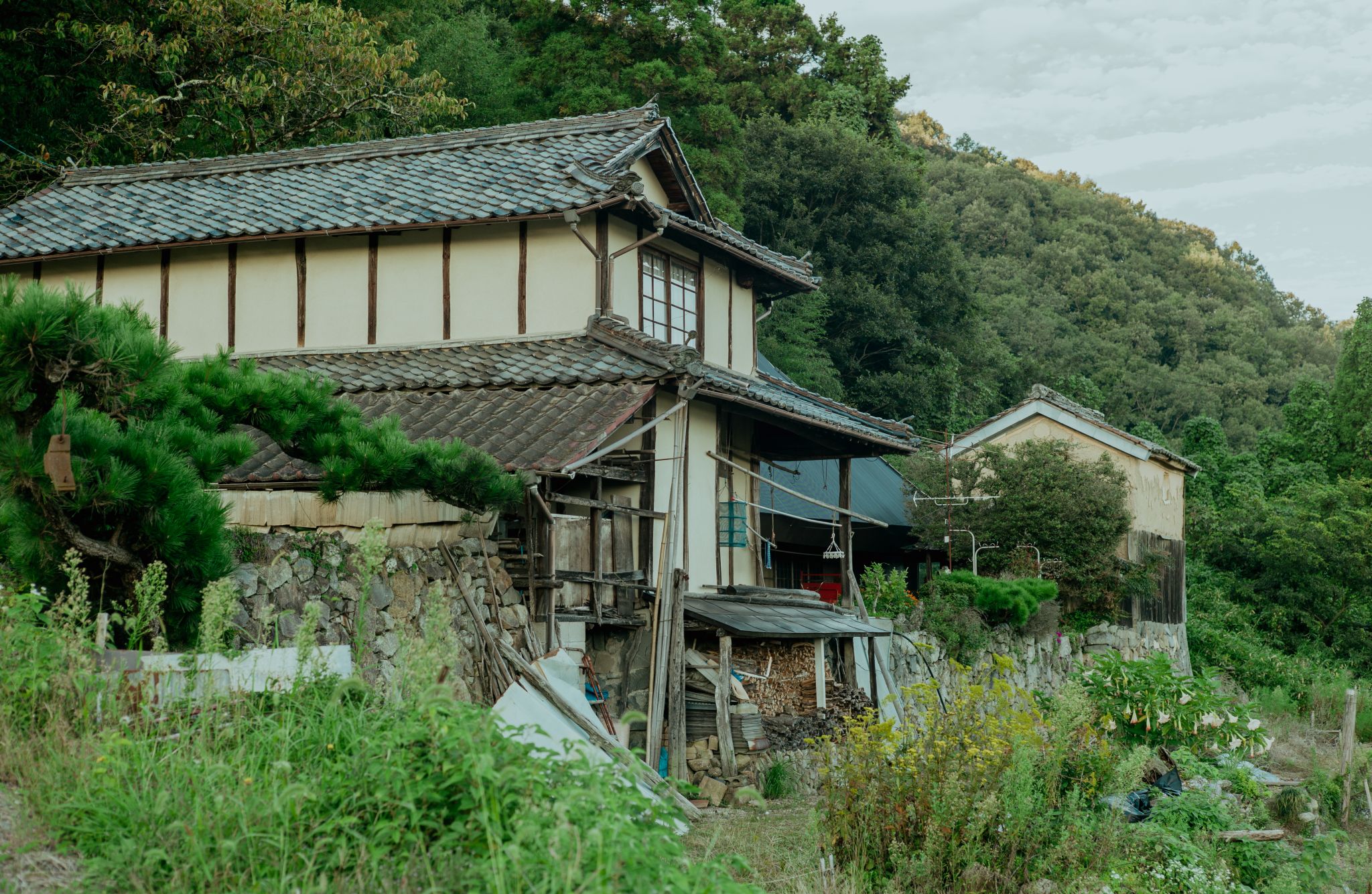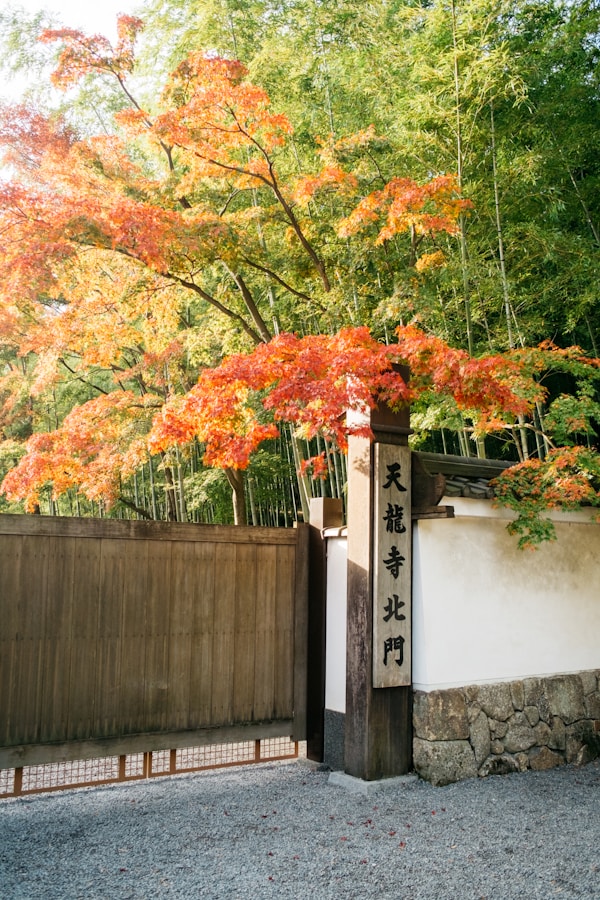.svg)
How to Set Up Electricity, Water & Gas in Tokyo
.svg)
.svg)
.svg)

Dreaming of escaping the city for a slower pace of life surrounded by natural beauty? Japan’s countryside offers tranquility, affordable housing, and tight-knit communities, making it an appealing choice for many. However, rural life isn’t without its challenges, such as limited services, cultural adjustments, and potential isolation. This guide explores the benefits—like access to fresh air, scenic landscapes, and a healthier lifestyle—as well as the drawbacks, including aging infrastructure and fewer job opportunities. With tips for navigating the move and success stories of urbanites finding fulfillment in rural living, you can decide if Japan’s countryside is your ideal escape.


As the allure of urban living fades for many, the Japanese countryside has become an increasingly attractive option for those seeking tranquility, affordability, and a deeper connection to nature. But rural life is not without its challenges. For anyone considering a move away from the hustle and bustle of Japan’s metropolises, it’s essential to weigh the pros and cons of living in the countryside.

One of the biggest draws of rural Japan is the affordability of housing. Vacant homes, known as akiya, are plentiful, and many can be purchased for a fraction of the cost of urban properties. Some municipalities even offer financial incentives, such as subsidies for renovations, to attract new residents.
The Japanese countryside offers a level of tranquility that is hard to find in the city. Surrounded by mountains, forests, or rice fields, you can enjoy a slower pace of life, free from the noise and congestion of urban areas.
Rural areas in Japan are often breathtakingly beautiful, with access to natural wonders like hot springs, hiking trails, and pristine rivers. The opportunity to live close to nature is a major appeal for those who value outdoor activities or simply want to escape the concrete jungle.
In rural Japan, neighbors often know and look out for each other, fostering a sense of belonging. This community spirit can be especially comforting for families or individuals looking for a supportive environment.
Access to fresh air, locally grown produce, and opportunities for physical activity, such as farming or hiking, contribute to a healthier lifestyle. Many rural residents grow their own vegetables or keep small farms, which can also reduce grocery costs.
Rural areas often lack the conveniences of urban centers. Hospitals, schools, and grocery stores may be far away, requiring careful planning and long commutes. Public transportation is also limited in many areas, making a car a necessity.
Many rural homes and towns suffer from aging infrastructure. Old houses often require extensive renovations, including updates to plumbing, wiring, and insulation. Additionally, some roads and public facilities in these areas may be in poor condition.
For outsiders, integrating into a rural Japanese community can be challenging. Close-knit communities often have long-established traditions and social norms. Building trust and forming relationships may take time and effort, especially for non-Japanese residents.
Job prospects in the countryside can be limited, especially for those who rely on specialized fields or industries concentrated in urban areas. Many rural residents either commute to nearby cities or work in agriculture, forestry, or local businesses.
While peace and quiet can be a blessing, the isolation of rural living can also be a drawback. Social opportunities may be limited, and it’s important to consider whether you can thrive without the variety of activities and entertainment available in urban centers.

Many individuals and families have successfully transitioned to rural life, finding fulfillment in farming or other self-sustaining activities. Some have documented their journeys, sharing how they navigated the challenges of renovating old homes and integrating into local communities.
In recent years, some rural areas have embraced community-driven projects to attract new residents and revitalize their towns. These initiatives often provide support for newcomers, such as workshops on farming or guidance on navigating local bureaucracy.
Moving to the countryside in Japan can offer a fulfilling and serene lifestyle, but it’s not without its challenges. For those who value affordability, natural beauty, and a close-knit community, rural Japan might just be the perfect escape. However, it’s essential to prepare for the realities of limited services, isolation, and cultural adjustment.
With careful planning and an open mind, living in Japan’s countryside can be a transformative and rewarding experience.
Start your journey with Luxey today! Sign up for free and get instant access to the best property listings.



